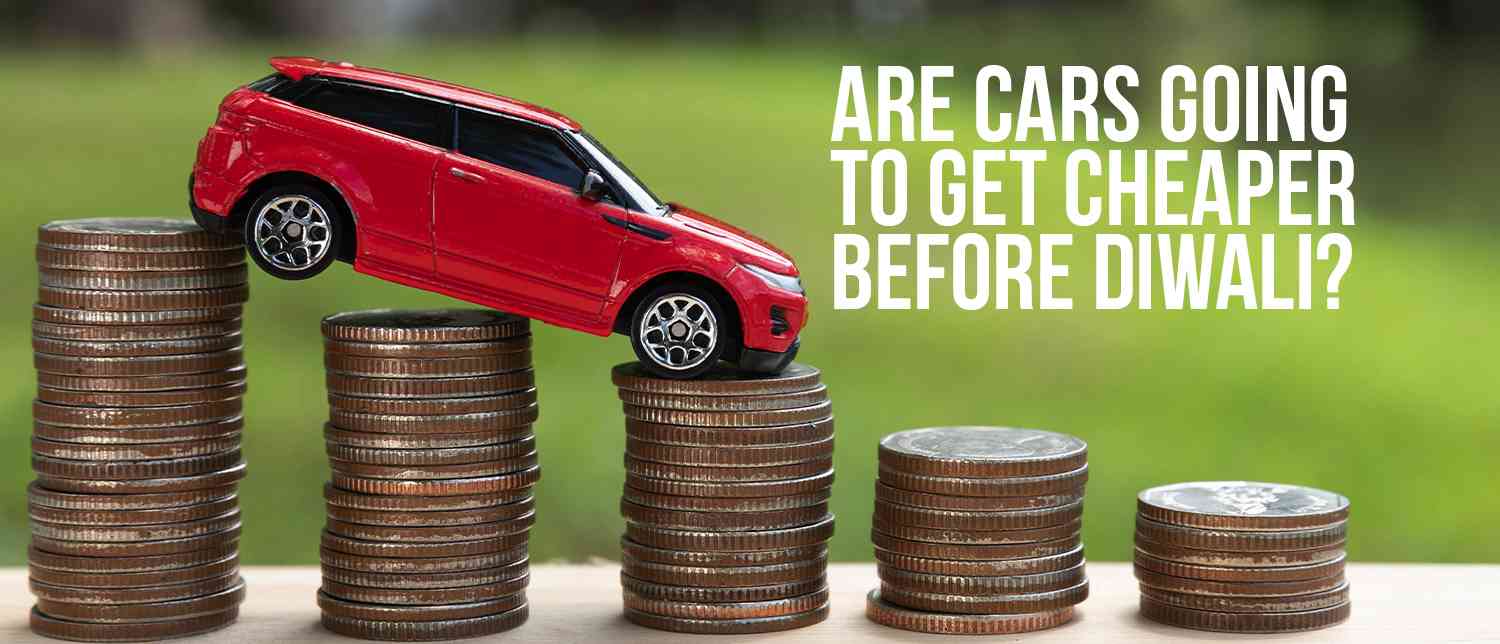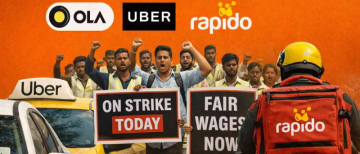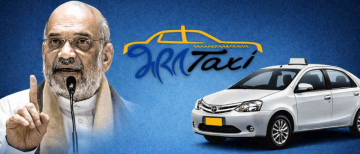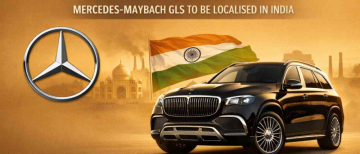GST 2.0 and the Promise of Cheaper Cars: A Festive Season Windfall or Just Clever Optics?
The Union Government’s latest proposal to slash Goods and Services Tax (GST) on cars has set the automobile market abuzz. With Diwali 2025 being positioned as a possible turning point, policymakers are promising a dramatic reshaping of the tax regime that could make vehicles more affordable, simplify compliance, and boost consumer demand. Yet, as with many economic announcements in India, the real question is whether this reform reflects genuine structural change or a festive-season sop designed to fuel consumption in the short term.

A Shift From Four Slabs to Two
When GST was introduced in 2017, it was hailed as a landmark reform, one tax, one nation, one market. However, in practice, the system grew unwieldy, with four slabs (5, 12, 18, and 28 per cent) and additional cesses creating endless disputes and compliance headaches. The government’s new proposal seeks to simplify this into two clear brackets: essentials at 5 per cent, and most other goods and services, including cars, at 18 per cent. Luxury items, such as high-end cars, alcohol and tobacco, would move into a newly created 40 per cent slab. This restructuring, if implemented, would not only streamline India’s indirect taxation but could also address years of litigation between industries and tax authorities. At least on paper, GST 2.0 promises clarity where GST 1.0 sowed confusion.

Why Small Cars Could See a Price Drop
India’s automobile sector is overwhelmingly driven by small cars, the entry-level hatchbacks and compact sedans that account for the bulk of sales. Currently, vehicles under four metres in length with engine capacity up to 1.2 litres (petrol) and 1.5 litres (diesel) attract 28 per cent GST plus a cess, pushing up the final on-road price considerably. If GST on these cars falls to 18 per cent, the reduction could translate into savings of 5–8 per cent for buyers. In practical terms, a car such as the Maruti Swift, which retails at around ₹8 lakh in many cities, could become cheaper by ₹40,000–₹60,000. For middle-class households perpetually balancing budgets, this is no small relief. It also has the potential to rekindle demand in a market where small car sales have stagnated amid rising living costs.

The Fate of Bigger Cars and SUVs
For larger vehicles, the picture is less straightforward. Cars over four metres in length, spanning compact SUVs such as the Hyundai Creta, sedans like the Honda City, and larger offerings such as the Toyota Innova Hycross or Mahindra XUV700 already attract some of the highest indirect taxes in the world, with the GST-plus-cess regime often taking the effective burden close to 50 per cent.
Under GST 2.0, these vehicles would be moved to a 40 per cent “special bracket”, replacing the complicated cess structure. While this might slightly ease the burden, it is unlikely to bring drastic price cuts, particularly in the mid-size SUV segment that has become India’s fastest-growing category. For luxury cars such as the Toyota Fortuner or Skoda Kodiaq, the 40 per cent slab essentially maintains their status as high-tax items, ensuring they remain aspirational rather than accessible.

Insurance Relief: The Silent Game-Changer
Beyond car prices, one of the most significant yet under-discussed proposals lies in the potential cut to insurance premiums. Currently taxed at 18 per cent, premiums for motor, health, and life insurance could fall to 5 per cent or even be exempt altogether. Given that motor insurance is mandatory, this change would immediately lower the cost of ownership. A typical annual premium of ₹20,000 could fall by around ₹2,600, a not-insignificant sum for households grappling with rising costs. This move could also stimulate greater insurance penetration in India, where uptake remains stubbornly low compared to global standards. For the government, such a reform aligns with its long-stated goal of deepening financial inclusion while simultaneously providing a sweetener to consumers.
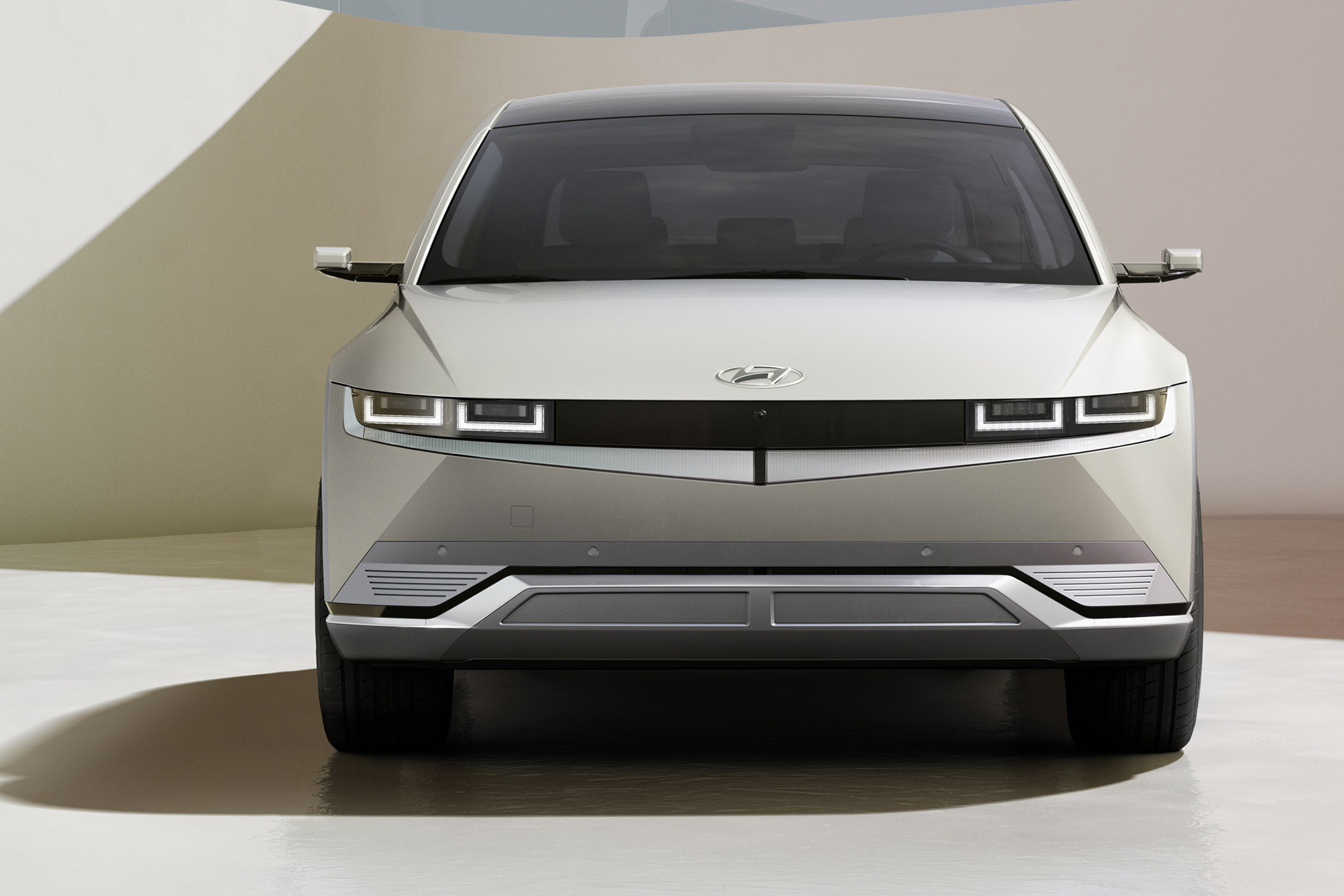
Economic Optics Versus Structural Reform
While the promise of cheaper cars by Diwali is likely to capture headlines, it is worth asking what this reform actually signals. Is GST 2.0 a genuine attempt at simplification and rationalisation, or is it timed to create a feel-good factor ahead of key political and electoral milestones?
Critics note that while car buyers may cheer an immediate saving, the reform does little to address deeper issues in India’s economy: stagnant wages, shrinking purchasing power, and a labour market that has failed to keep pace with the country’s much-publicised GDP growth. Indeed, one could argue that lowering GST on cars is more about boosting short-term consumption than about building a resilient, broad-based economy.

The Road Ahead
The proposals now lie with the GST Council, which is expected to give its verdict ahead of Diwali 2025. If approved, they will almost certainly ignite a festive-season buying spree, giving a much-needed boost to the automobile industry. Dealers are already bracing for record sales, and manufacturers may fast-track new launches to capitalise on the demand surge.
Yet, the bigger story remains one of contrast. India speaks confidently of being the world’s next economic powerhouse, and yet, it must resort to tax tweaks to spur demand in a sector once considered the heartbeat of its middle class. Cheaper cars may delight buyers this Diwali, but whether GST 2.0 represents real reform or just a temporary sparkle remains to be seen.

With inputs from agencies
Image Source: Multiple agencies
© Copyright 2025. All Rights Reserved. Powered by Vygr Media.

